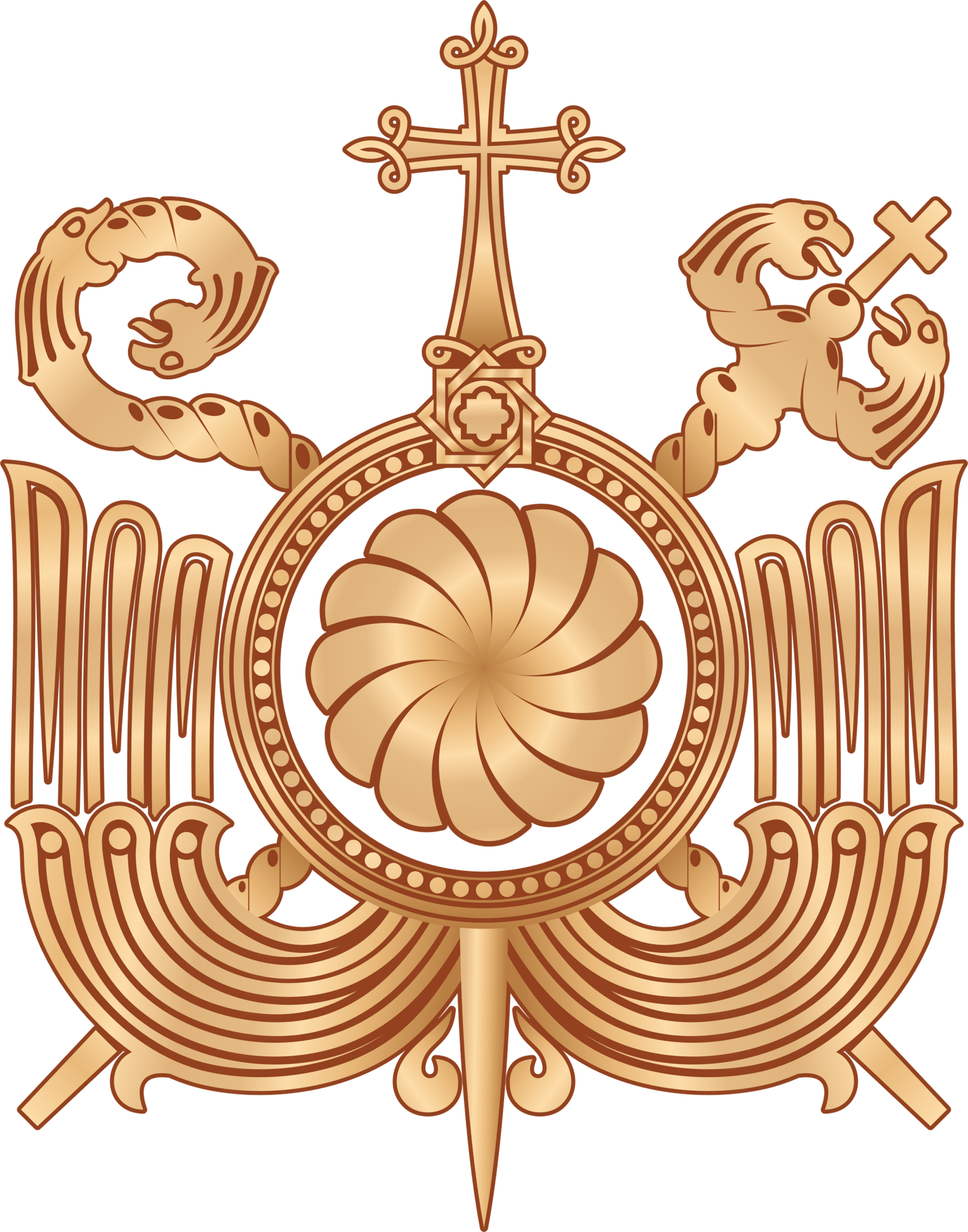The Crucifixion: Our National Cross and the Hope of Resurrection
"My God, my God, why have You forsaken me?"
Dear brothers and sisters in faith,
On this solemn evening of darkness, we stand before the Crucifixion of Christ. The Savior’s agony and suffering were so real that He cried out, “Eli, Eli, lama sabakthani?” — “My God, my God, why have You forsaken me?” These words, drawn from the Psalms, fully express the anguish, sorrow, and terrifying sense of abandonment our Lord experienced during the final hours of His passion. Yes, He truly suffered and felt pain as any human would. And yet, He reached the pinnacle of human suffering — the sense of being forsaken by God.
Our forefathers called the final week of Christ’s earthly life Great Week, as it concentrates the entirety of Christ’s redemptive mission and the divine purpose of His coming into the world. Indeed, this week is often referred to as the Gospel within the Gospel. As we follow, with faith and reverence, the unfolding of Scripture’s narrative, we are transported in spirit to the events of this sacred week — beginning with the raising of Lazarus and Christ’s triumphant entry into Jerusalem. The crowds, filled with joy and great expectations, misunderstood the Lord’s higher purpose — the salvation of humanity and liberation from the bondage of sin. And so, incited and manipulated by the religious leaders of the time, they soon turned to cry out for His crucifixion.
A divine-human tragedy begins to unfold — foretold by divine providence — marked by betrayal from His own, abandonment by a disciple, false and baseless accusations, unjust trials, mockery and torture of the Righteous One, and finally, the unjust verdict: death by crucifixion. Tragically, in our own times, falsehood and perjury, condemning the innocent through corruption, and denying our homeland and faith have become all too common. And each time we partake in such acts, we join again with the crowd that once cried, “Crucify Him!” These events unfolded so rapidly that the human mind could scarcely grasp what divine providence had foreseen.
Today, as our Church relives the mystery of the Holy Cross, we carry in our hearts another cross — the pain of losing our beloved Artsakh. The children of our nation are treading a similar path of suffering, yet unlike our Lord, who was innocent, we, as sinners, have not fully repented. Just as the veil of the Temple was torn in two, so too has our ancestral land been torn from its wholeness. Like Christ’s torment, our pain is profoundly real — it clings to us like skin. Some have lost their homes, others their fathers, sons, or brothers — and together, we have all lost a sacred homeland. Often, feeling forsaken by God, we repeat the words: “My God, my God, why have You forsaken me?” And our prayers seem to echo against a wall of silence.
But it is precisely in that silence, dear ones, that the Holy Cross begins to speak to us. The Apostle Paul proclaims, “Christ crucified is the power of God and the wisdom of God” (1 Corinthians 1:24). To the human eye, the Cross was a symbol of defeat. But in the eyes of God, it marked the beginning of victory. Artsakh is our national cross — our sacred inheritance, now lost. But is it lost forever? Christ’s cross, too, seemed a loss to the disciples. Yet He rose again, and that Resurrection transformed all crosses into fountains of new light. Beloved, if we carry within us a thirst for justice, if we continue to pray with sincerity and live in Christian love as a nation, then be assured: Artsakh will not die. Did Christ remain in the tomb? And in this current silence, heavy with darkness, it is as if Christ gathers His final human strength and now speaks directly to us: “Do not fear those who kill the body but cannot kill the soul.”
May the radiant light of our Lord’s Cross strengthen us all — to overcome our sins and fears, and to welcome with hope the Glorious Resurrection.




